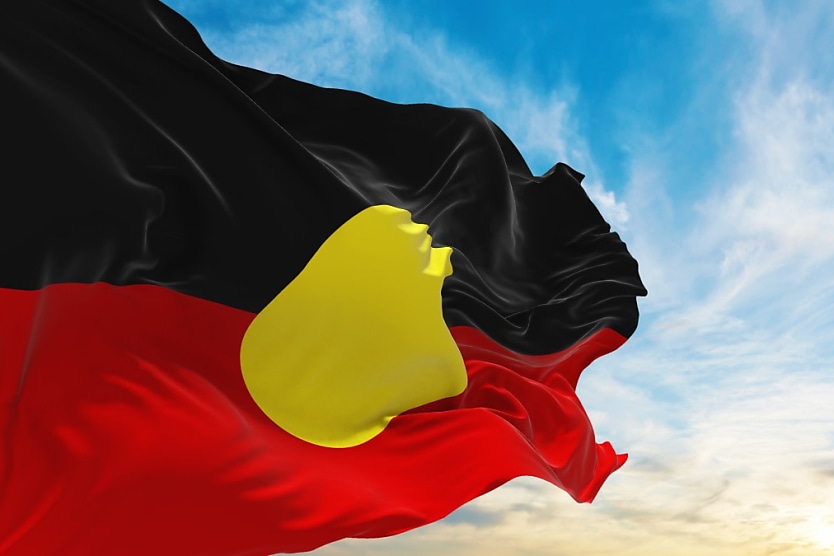
Employers should be wary ahead of the upcoming Indigenous Voice to Parliament referendum as the proposal has sparked much debate, with plenty advocating for and plenty against.
HR Leader recently discussed what employees need to consider before voicing their opinion on the matter; however, employers are just as likely to run into trouble if they do not treat the issue with a degree of caution.
Environmental, social, and governance (ESG) is the broad term used to describe a corporation’s responsibility to weigh in on societal issues. McKinsey went as far as to say that ESG is the key to companies retaining their “social license”.
While it is important that companies show solidarity when discussing larger issues, it’s important to go about this in a respectful manner. People have different opinions, and without weighing up the consequences of what someone says, employers could land themselves in hot water.
Michael Byrnes, partner at Swaab, discussed the upcoming referendum and how these opinions can not only alienate companies from consumers but also even from their own staff.
“Employers need to reflect upon the consequences or implications of them adopting positions like this and consider what their policy or approach will be with employees who do genuinely hold and appropriately express a contrary view, and to avoid knee-jerk reactions to that,” said Mr Byrnes.
Avoiding conflict should take priority. While healthy debate isn’t an issue, it can quickly turn ugly and create hostilities that can damage morale and reputation. Setting up a clear policy can help to prevent these issues before they occur.
“If they see that an employee has posted or tweeted something, which is an alternative view from seeing that automatically as some sort of serious disciplinary matter, because it may well be that it just really isn’t, it’s just an employee in a private capacity expressing a contrary view on an important political matter in a democracy,” Mr Byrnes explained.
“Employers need to seriously consider what is acceptable, what is unacceptable, what are the boundaries, and to make sure that they consistently apply those and that those boundaries are drawn or established with a view to or with an understanding of the relevant legal principles around all of this, which aren’t exclusive to the Voice.”
Mr Byrnes continued: “[Employers should introduce an] application of principles around employees to express views, freedom of speech, et cetera, and how that might conflict or interact with the rights of employers to ensure employees act in a manner that’s consistent with the employer’s interests.”
The transcript of this podcast episode was slightly edited for publishing purposes. To listen to the full conversation with Michael Byrnes, click below:
Jack Campbell
Jack is the editor at HR Leader.











